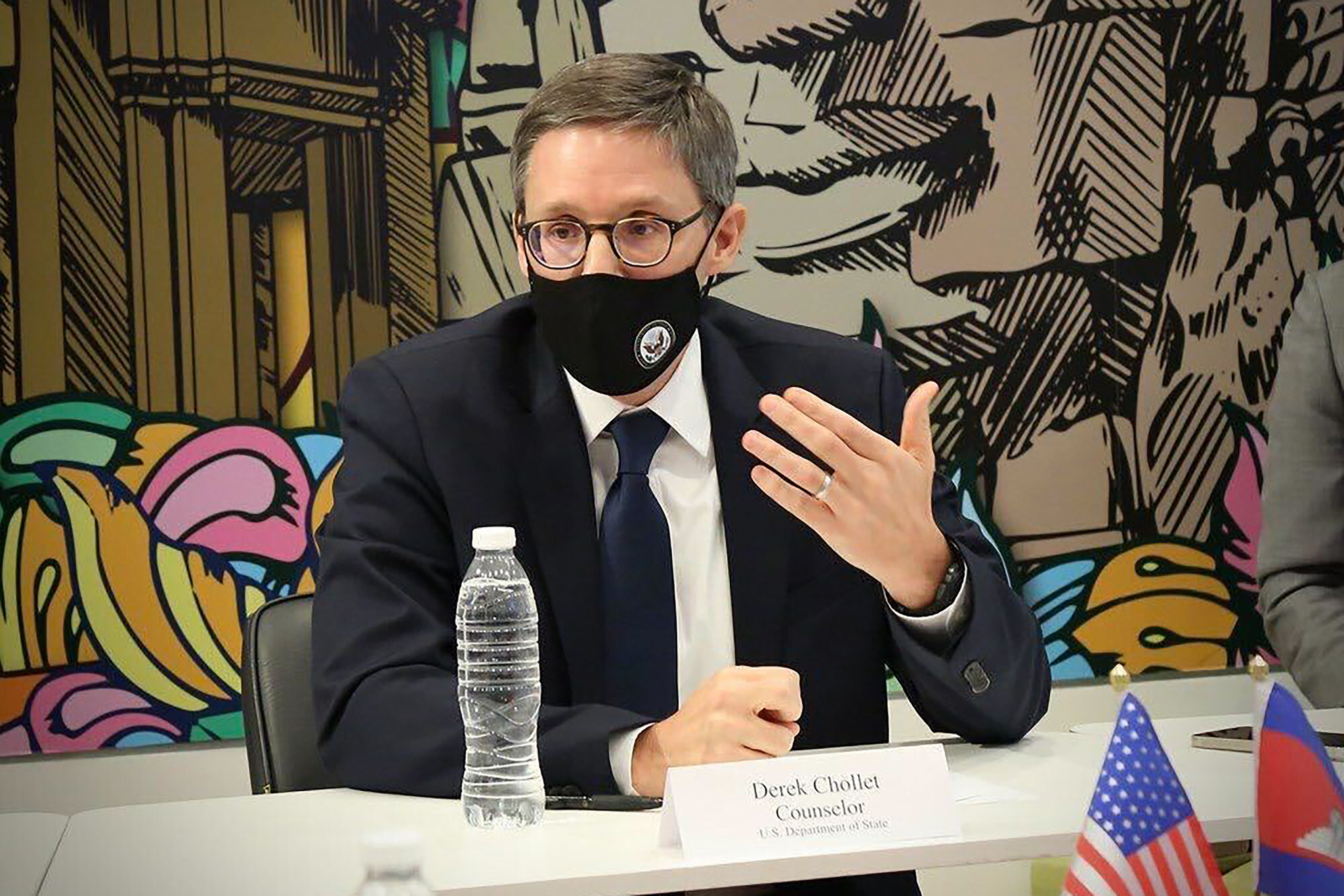
US can criticise Cambodia all it wants, but don’t expect Phnom Penh’s help
- One minute Washington is imposing an arms embargo, the next it wants Phnom Penh’s help on Myanmar – but the US cannot have it both ways
- With China’s backing, Cambodia has little incentive to moderate its behaviour and any leverage the US has will inevitably decline as time goes by
US State Department Counsellor Derek Chollet, on a brief visit to the Cambodian capital, said Washington expected “genuine progress” before engaging with the generals.
But the US cannot in the same breath castigate Cambodia and expect it to cooperate.
Washington has likely already missed the boat on forging closer economic and strategic ties with the Southeast Asian nation, given how much it has been driven into China’s embrace in recent years.
Relentless US pressure over democracy and human rights issues is widely seen as an attempt to undermine the power of the ruling Cambodian People’s Party.

With China’s backing, there is little incentive for Phnom Penh to moderate its behaviour. And as time goes by, any leverage the US has over Cambodia will inevitably decline.
The US is currently Cambodia’s largest export market, with US$3.4 billion worth of goods exported in the year to September, according to the World Bank – though whether Cambodia will continue to be eligible for a preferential trade agreement with the US known as the Generalised System of Preferences is unclear.
By contrast, the Cambodia-China Free Trade Agreement, signed last October, aims to boost annual trade between the two countries to US$10 billion by 2023.
China also plans to increase direct imports of milled rice and other agricultural goods from Cambodia, and has offered a wide array of financial assistance, investments and infrastructural development ranging from expressways to airports.
As Asean chair and one of the countries most likely to exert sway over Myanmar, especially during Hun Sen’s visit to Naypyidaw early next year, Washington would do well to hold its tongue about human rights and corruption in Cambodia.
Any further haranguing by the US will do little to help Washington secure cooperation from Phnom Penh and may only serve to drive Cambodia into China’s total and permanent embrace.

